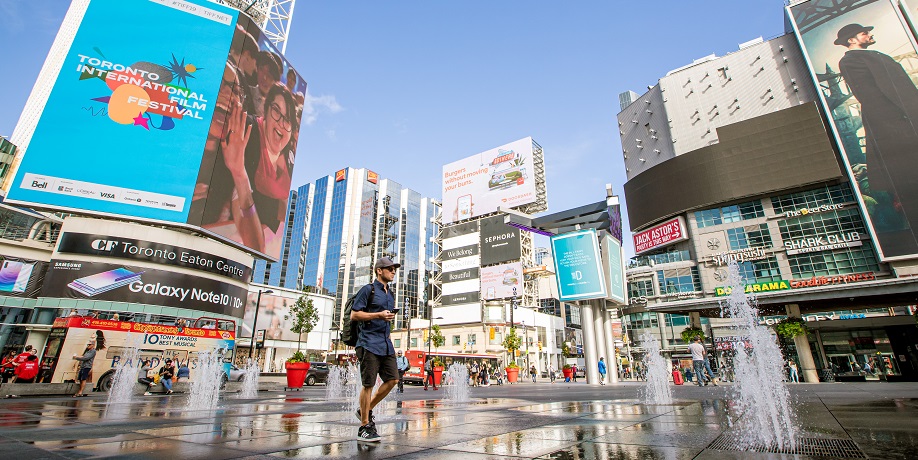About the School of Urban and Regional Planning

The School of Urban and Regional Planning provides outstanding planning education that prepares graduates to become leaders in the community and the planning profession.
We are city builders. We are building not only a great urban university, but also a great city.
Mission
Our mission is to provide excellence in planning education that prepares graduates to contribute as leaders in the community and the profession. We are committed to advancing applied knowledge and research about cities and regions and to enhancing planning practice.
Vision
Our vision is to be a leading centre for research and education in urban and regional planning.
The School of Urban and Regional Planning is home to one of the oldest planning programs in North America.
A few highlights:
1969: Responding to a greater need for trained planning professionals, the university established the Department of Urban Planning.
1973: The first cohort of urban planning students graduated from the department — earning a Bachelor of Applied Arts — and the degree program gained recognition from the Canadian Institute of Planners (CIP).
1986: This year, the department grew to become the School of Urban and Regional Planning.
2002: We began to offer a Bachelor of Urban and Regional Planning program.
2005: This year, the CIP recognized our post-baccalaureate degree and degree completion programs, providing a clear path for university and college graduates to pursue planning at an advanced level.
2008: We launched a graduate program in urban development. Its focus on integrating nature and culture in sustainable development is unique in Canada.
Communities are complex entities with their own needs, structures and rules — and planners are the ones who guide their operation and promote their growth. Drawing on their understanding of land-use concepts and strategies, planners create and implement plans to develop and enhance regional, urban, suburban and rural communities.
Toronto Met graduates advise on planning decisions related to social, economic, cultural, land-development, transportation, resource and development, environmental and heritage issues.
Planners support positive community development by:
- Enhancing interconnections among community assets
- Identifying and equitably addressing a community’s diverse needs and aspirations
- Supporting open participation in decision-making
- Reconciling competing interests through compromise and negotiation
- Forecasting future needs and pathways for development
We believe that education and experience go hand in hand.
The School of Urban and Regional Planning provides students with challenging and rewarding opportunities to put theory into practice through project-based studios.
Through studio, students have the opportunity to work on a team and under the supervision of a faculty member on projects that respond to the needs of outside agencies and firms in the public, private and nonprofit sectors.
By taking on projects for community-based clients, students further develop their knowledge and skills, make valuable professional contacts and explore possible career paths.
We work with diverse partners to create important learning, research and work placement opportunities for our students.
Studio project partners
Each year, our undergraduate and graduate students engage in over two dozen studios. These outstanding learning opportunities are made possible by a strong network of over 60 community partners, who provide valuable time and interesting projects. These include:
- Build Toronto
- Building Industry and Land Development Association
- City of Toronto
- Councillor Paula Fletcher-City of Toronto
- District of Muskoka
- Downtown Yonge Business Improvement Area
- Eabametong First Nation, Fort Hope
- Evergreen Canada (at the brickworks)
- IBI Group
- Metrolinx
- Ontario Growth Secretariat
- Office of the Vice-President
- Social Planning Toronto
- Toronto Centre for Active Transportation (TCAT)
- Toronto District School Board
- Toronto Port Lands Company
- Toronto Region Conservation Authority
- York Region Human Services Planning Board
Placement partners
Our students also have the opportunity to gain valuable work experience through field placements with over 50 partners in the public and private sectors, including:
- Building Industry and Land Development Association
- Canadian Urban Institute
- City of Toronto
- DiamondCorp
- Ontario Ministry of Municipal Affairs and Housing
- Sustainable Thinking and Expression on Public Spaces (STEPS) Initiative
- LiveWorkLearnPlay
- Planning Partnership
- Toronto Financial District BIA